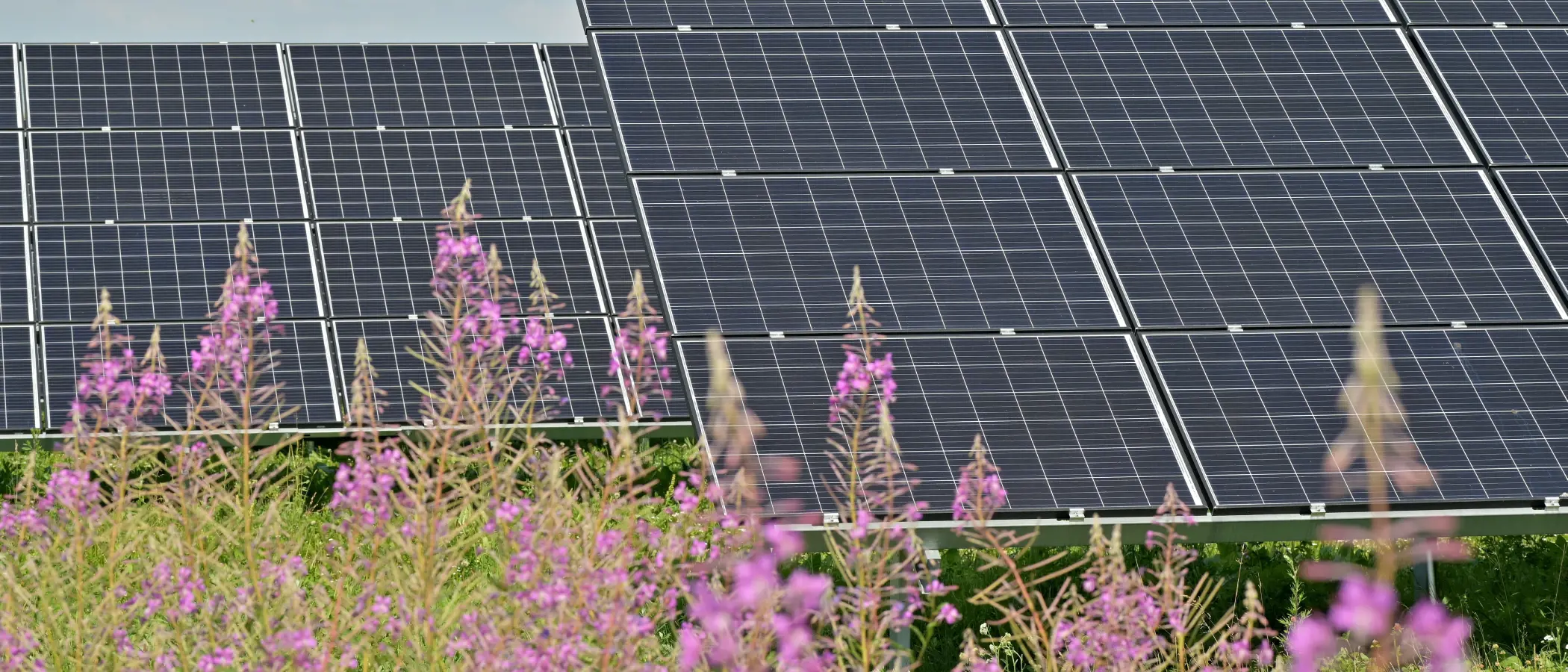After a challenging period for green investing, marked by rising interest rates, supply chain issues, and overcapacity, companies committed to building a sustainable world could remain an attractive long-term option for investors seeking both financial returns and positive impact.
In the wake of recent conflicts such as the war in Ukraine, the world faces uncertainties about the future of energy and the role of fossil fuels. Yet amidst these geopolitical tensions, the escalating impacts of climate change are undeniable, manifested in extreme weather events such as storms, fires, floods and droughts. This heightened environmental urgency has underscored the need for concerted action and ushered in a period of global uncertainty.
“While companies in the so-called dirty sector have done well in recent years, the long-term future is green,” says David Czupryna, fund manager at Candriam. “Green investment is here to stay, as we have reached a point in several green sectors where, regardless of future regulation, the appeal is now both economic and environmental.”
The Enduring Appeal of Green
The rapid decline in the cost of renewable energy technologies and the growing economic viability of sustainability initiatives are increasing the appeal of green solutions. Despite short-term market fluctuations, the long-term trend favours renewable energy and circular economy solutions, positioning green investment as a key driver of future growth and sustainability.
"If we look at solar energy, costs have collapsed, making it more competitive with fossil fuels," points out David Czupryna.
Under the broad umbrella of environmental, social and governance (ESG) considerations, green investing encompasses a range of solutions aimed at decarbonising the economy and promoting sustainable practices. At the heart of this movement is the concept of the circular economy - a paradigm shift towards resource efficiency and waste reduction.
Decarbonisation and the Circular Economy
"The circular economy is an alternative to the current linear economic model (‘extract, produce and dispose’) and aims to reduce the need to extract raw materials while reducing waste generation," explains David Czupryna.
Companies that embrace circularity not only address environmental challenges, but also drive innovation and market expansion. They are helping to recycle, reuse and rationalise products and resources in a variety of ways tailored to their specific business sectors and circularity challenges. This can include integrating biodegradable or recycled materials into production processes, developing waste management solutions, extending the life of products and facilitating equipment sharing to reduce the need for new production.
Factors such as unfavourable market conditions for smaller companies and the volatility of emerging sectors have contributed to short-term fluctuations. However, green investing continues to offer long-term potential, as current market weaknesses could provide opportunities for strategic positioning. By focusing on companies with resilient business models and proactive sustainability strategies, investors can capitalise on the enduring appeal of green solutions while mitigating the risks associated with fossil fuel dependency.
Capitalising on Opportunities
"The current market weakness in clean tech is a rare opportunity to gain exposure to these companies, as they have suffered short-term share price weakness for reasons that do not affect their medium-term growth potential," says David Czupryna.
For investors looking to capitalise on the transition to a green economy, strategic considerations are paramount. By diversifying portfolios to include green technologies, renewable energy projects and circular economy solutions, investors can align their financial objectives with environmental goals.
Engaging with companies committed to sustainability and exercising active ownership further increases the potential for positive impact and long-term value creation. As governments, businesses and consumers increasingly prioritise sustainability, such investments can offer a pathway to potential prosperity while contributing to a more sustainable and equitable future for all.
Beyond the challenges of geopolitics and market volatility, green investment stands as a beacon of resilience and innovation in the transition to a sustainable future. By embracing renewable energy, circular economy principles and proactive sustainability strategies, investors can play a pivotal role in shaping a more sustainable and prosperous world for generations to come.

